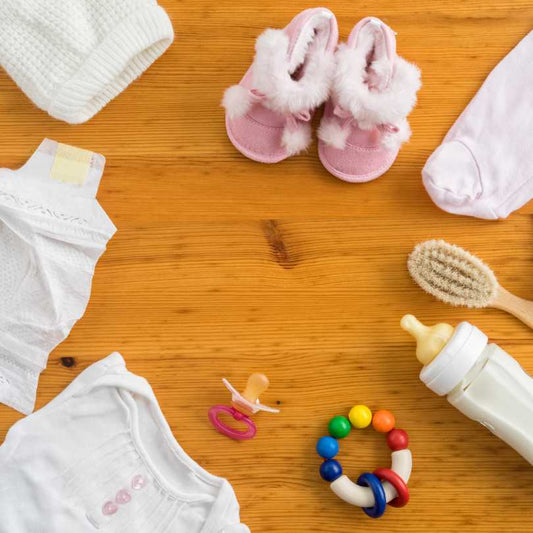During pregnancy, a woman's body can experience many changes, including food cravings. Although this is a normal part of pregnancy for many women, there are still many myths and misconceptions surrounding this phenomenon. In this article, we'll debunk some of the most common myths about food cravings during pregnancy and reveal the truth behind them.
Myth 1: Cravings are a sign that the baby is not getting enough nutrients
One of the most common myths about food cravings during pregnancy is that it's a sign that the baby isn't getting enough nutrients. However, this isn't true. A pregnant woman's body actually needs more nutrients and energy to support the baby's growth, but food cravings aren't an indicator of whether the baby is getting enough nutrients.
Myth 2: Cravings mean you eat too much
Another common myth about cravings during pregnancy is that it means you're overeating. This is also false. Cravings are a hormonal phenomenon caused by changes in the body during pregnancy, not by the amount of food a woman consumes.
Myth 3: You should avoid cravings
Another myth about cravings during pregnancy is that you should resist them at all costs. However, this is also false. It's important to listen to your body and its needs, and if you have cravings, it's okay to indulge them as long as you eat a healthy and balanced diet.
Truth: Cravings can be normal
The truth about cravings during pregnancy is that they can be a normal part of the experience. Many women report experiencing cravings during pregnancy, and it's a common part of the changes the body goes through to support the baby's growth and development. It's important to make healthy choices when satisfying cravings and ensure a balanced diet.
How to deal with cravings
If you experience food cravings during your pregnancy, there are some ways you can deal with them without compromising your overall diet:
-
Plan healthy snacks: Keep healthy snacks like fruits, vegetables, nuts, and whole grains within reach to satisfy your cravings without resorting to unhealthy foods.
-
Drink plenty of water: Water can help reduce cravings by ensuring you are adequately hydrated.
-
Avoid overeating: Try to eat smaller portions and eat slowly to keep your weight gain during pregnancy under control.
-
Practice stress relief: Stress can trigger cravings, so it's important to take time to relax and reduce stress.
Conclusion
Cravings during pregnancy are a normal part of the experience for many women. It's important to make healthy choices when satisfying cravings and maintain a balanced diet to ensure both mother and baby stay healthy.





